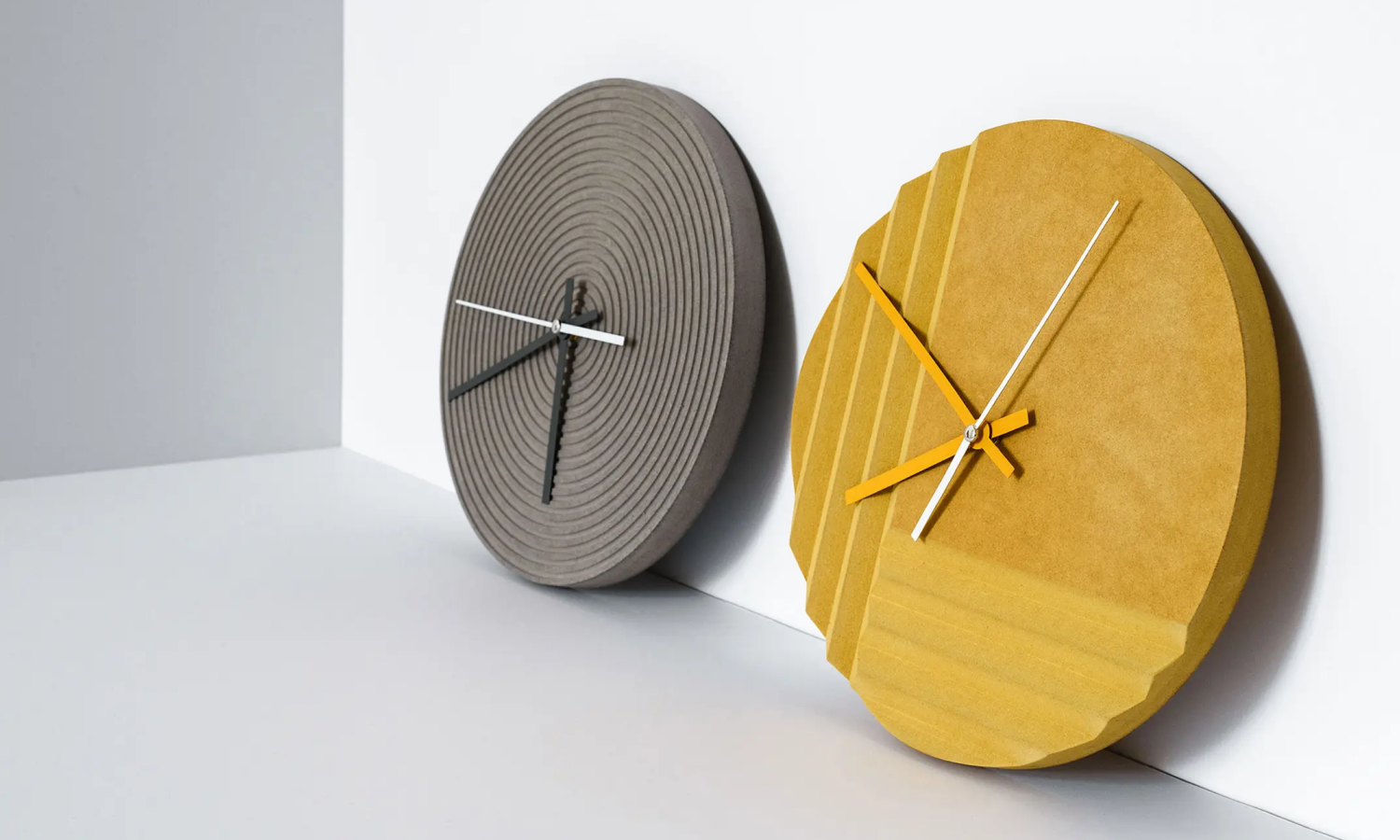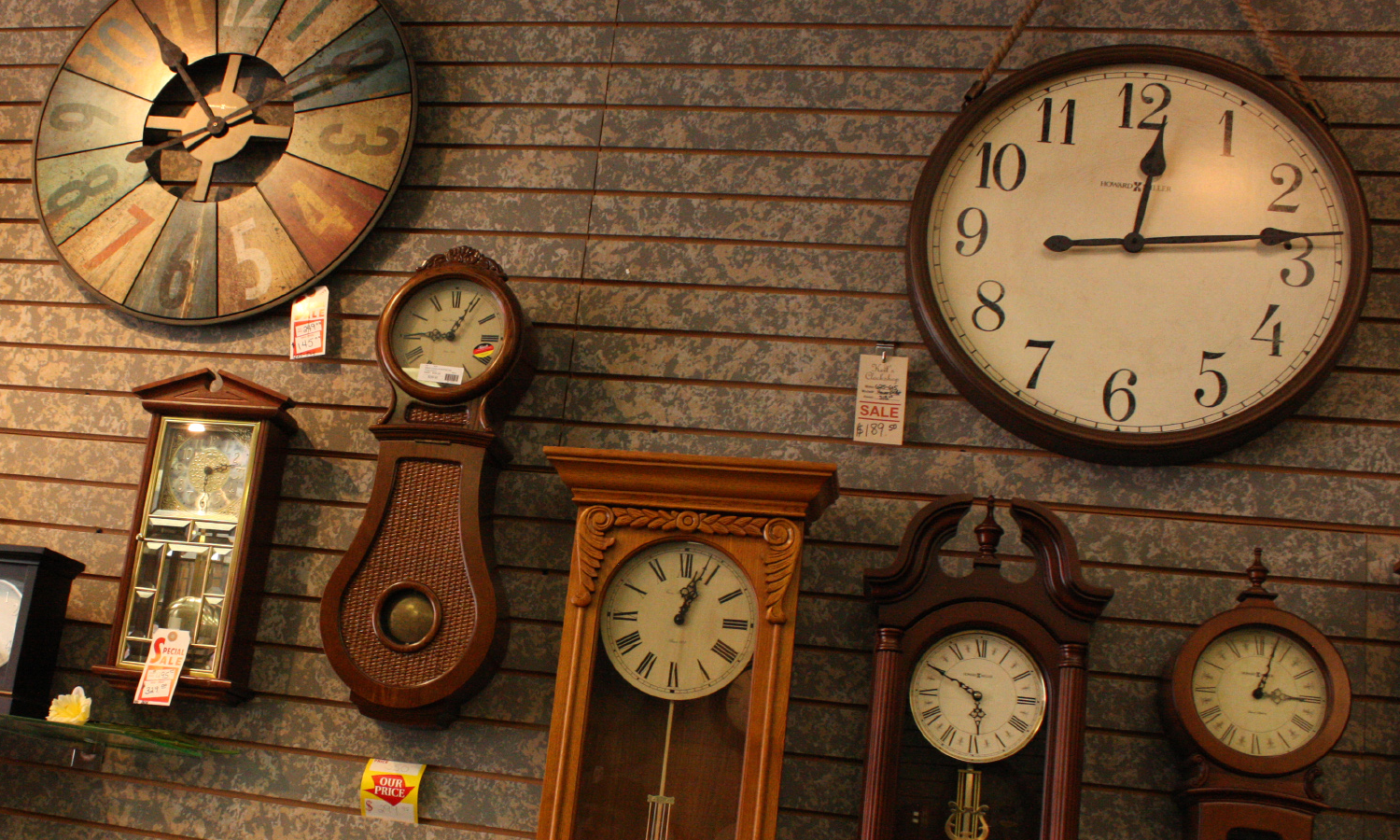
A clock is a decorative piece of timekeeping equipment that shows, usually using a display, the time at which an event occurred. A clock is usually made to run by mechanical or electrical means and may have either a pendulum or weight drive as its primary source of power.
Factors to consider when buying a clock
1. Time display
• Analog clocks display hours and minutes using two hands that revolve around a dial in a clockwise direction.
• Digital clocks display hours, minutes, and seconds using digits, usually from a fixed position above the dial face.
A digital clock may or may not have a sweep second hand depending on the type of digital circuitry being used. The most accurate digital clocks will not lose or gain time over one day for solar reasons, i.e. they are solar-corrected.
2. Case
The case, also called the cabinet, houses the clock movement and associated mechanics. Cases can be made of wood or plastic and are available in a variety of styles and finishes. Hard plastic cases are more durable and resist warping better than wood, but the wood tends to look nicer and is often considered more attractive in homes because of its natural ability to blend with other furnishings and decorations in the home.

3. Wind-up or battery-operated
Wind-up clocks may require winding by hand or can be operated by pressing a button or lever to start the clockwork mechanism. They are usually used in situations where the owner is away from home and wants to know what time it is at a glance. Battery-operated clocks are also widely used in public installations such as schools, hospitals, hotels, and office buildings.
4. Replaced by quartz clock movement
Replacing around 30% of all the clocks in the Americas is the age-old quartz clock movement. The reason for this is that Quartz movements are more precise, precise enough to keep within 1 second per week and hold their time better than mechanical movements, most importantly they are affordable and they are easy to set. We have designed a special Quartz clock mechanism that is easy to find and replace.
Clock movements are designed to operate under a wide range of temperatures, shock, and vibrations. No matter how well a movement is made, no movement will run to its full potential if it is not in working order. If a clock is not working “correctly”, please have it repaired by an Authorized Service Technician at least once every 2 years.



